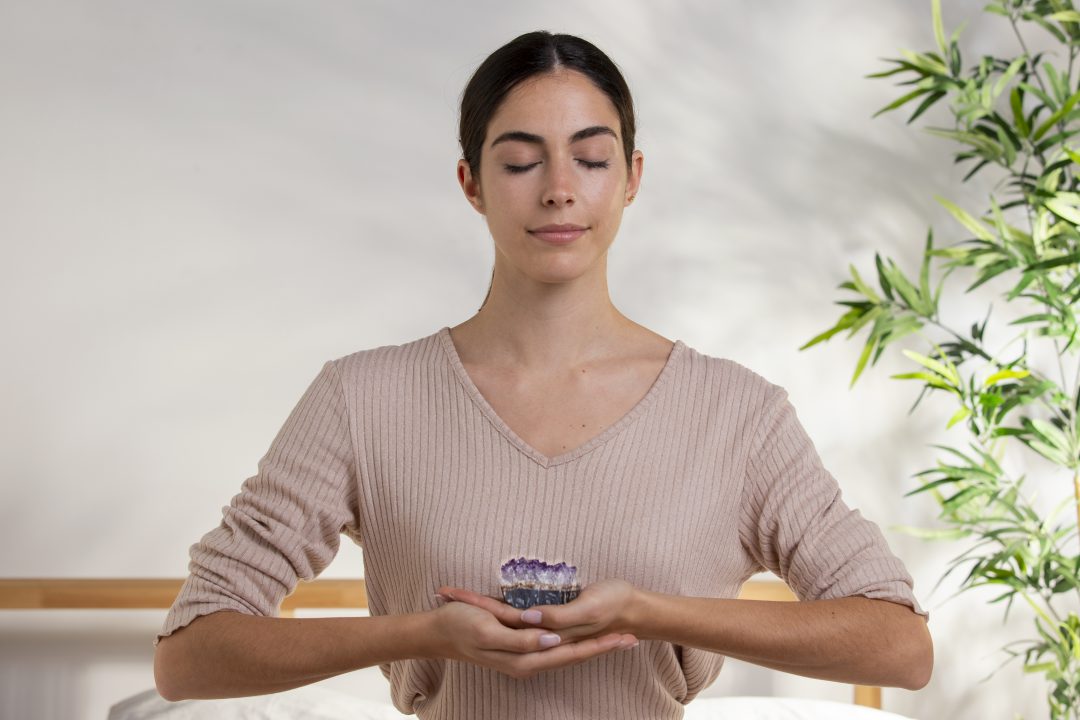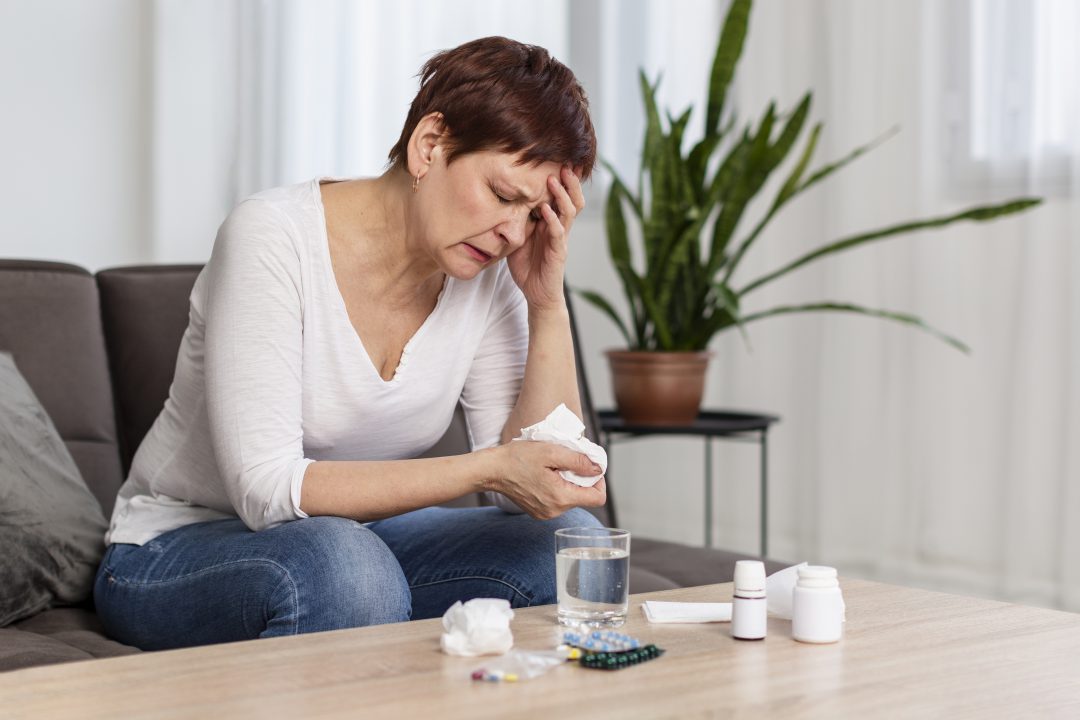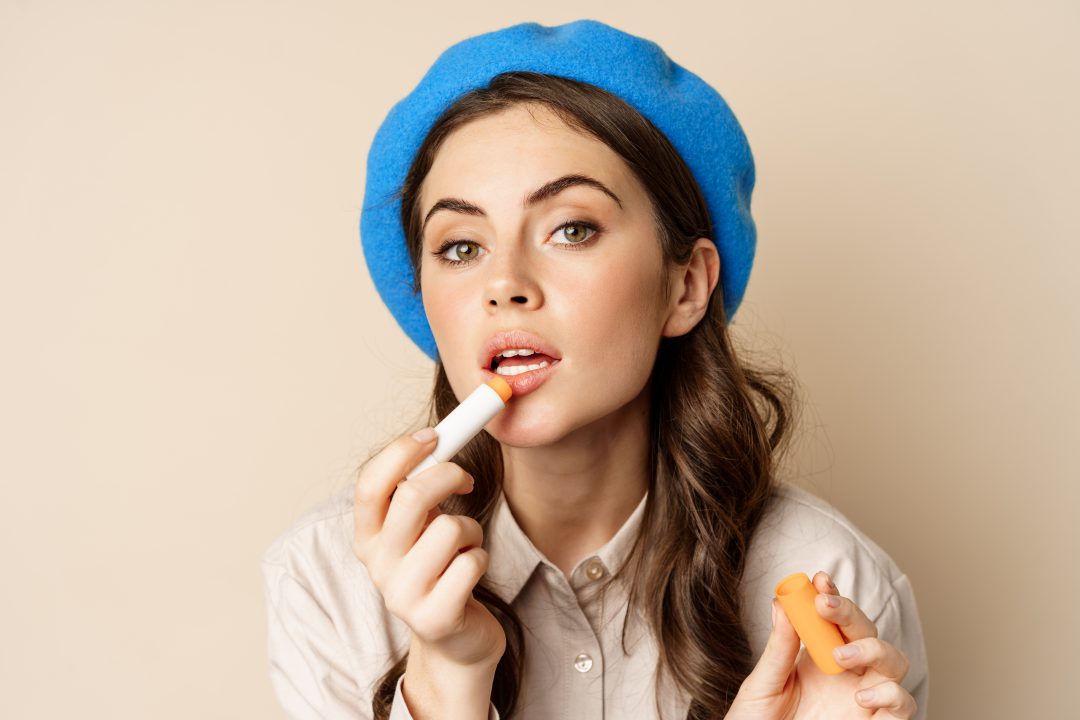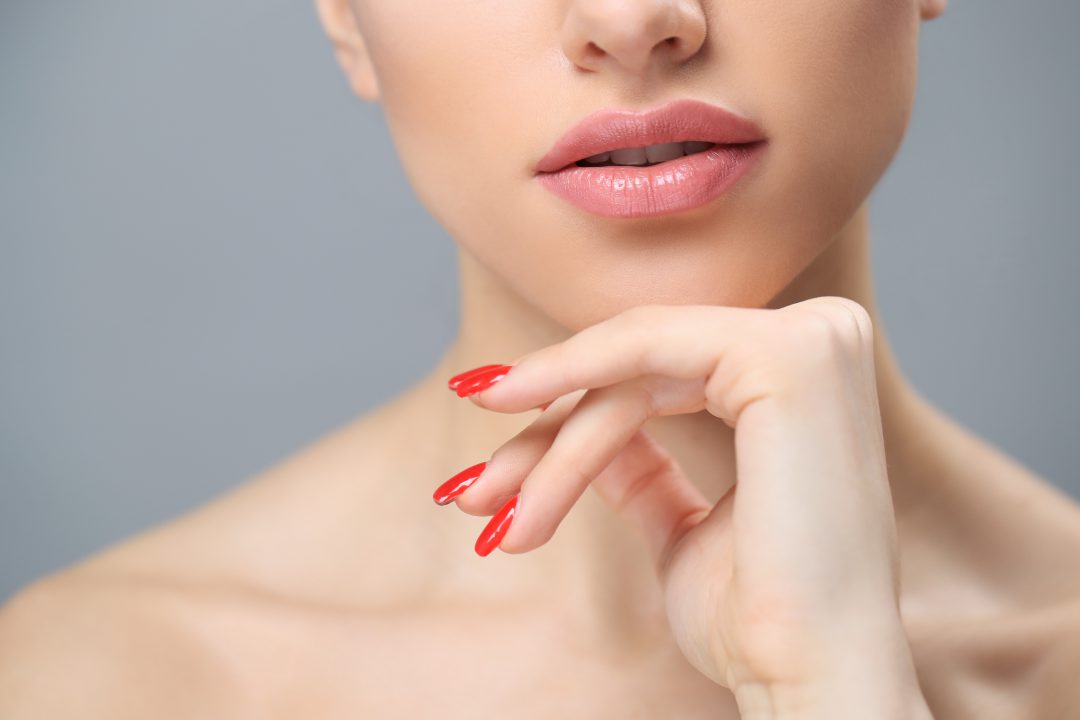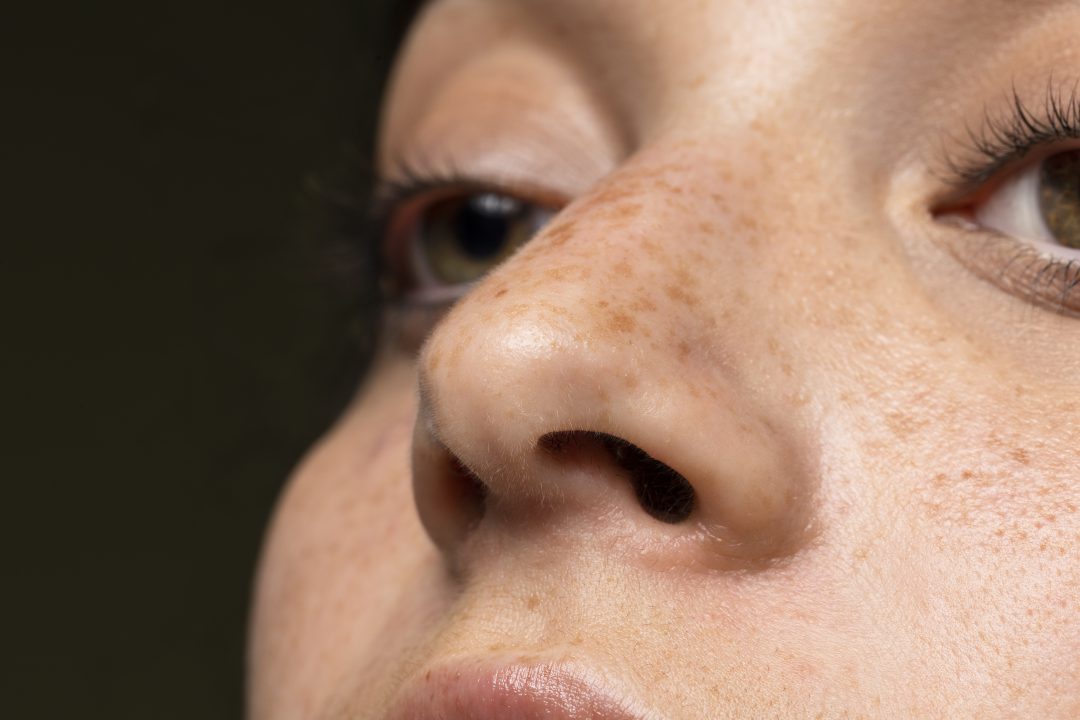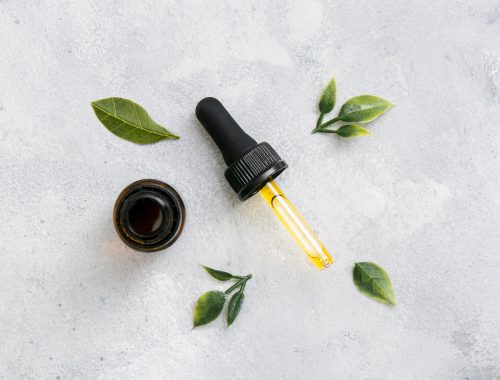Introduction
In today’s fast-paced world, anxiety has become a pervasive issue affecting millions of lives. While there are various methods to manage anxiety, one ancient practice has stood the test of time and gained renewed popularity: aromatherapy. Aromatherapy, the art of using essential oils extracted from plants, is believed to have profound effects on our physical, emotional, and mental well-being. In this blog, we will delve into the science behind essential oils for anxiety relief, exploring their therapeutic benefits and how they can be effectively incorporated into your daily routine.
Understanding Anxiety: A Modern Epidemic
Anxiety, in moderate amounts, is a natural response to stressful situations. However, when anxiety becomes chronic or overwhelming, it can severely impact an individual’s quality of life. From generalized anxiety disorder to panic attacks and social anxiety, the spectrum of anxiety-related disorders is diverse. Conventional treatments range from therapy to medication, but there’s a growing interest in complementary and holistic approaches, such as aromatherapy.
The Science Behind Aromatherapy for Anxiety
Aromatherapy involves inhaling or applying concentrated aromatic plant extracts, or essential oils, to promote emotional and physical well-being. The olfactory system, responsible for our sense of smell, is intricately linked to the brain’s limbic system, which controls emotions, memory, and behavior. This connection forms the basis for the powerful effects of aromatherapy on our emotional states.
Essential Oils: Nature’s Soothing Elixir
- Lavender Oil: Renowned for its calming properties, lavender oil has been extensively studied for its anxiety-reducing effects. Research suggests that inhaling lavender oil can reduce nervous system activity, lower blood pressure, and induce a sense of relaxation.
- Chamomile Oil: Chamomile’s gentle, apple-like aroma is known for its ability to alleviate stress and anxiety. It contains compounds that bind to receptors in the brain, promoting relaxation and reducing symptoms of anxiety.
- Bergamot Oil: Derived from the citrus fruit, bergamot oil is a mood-enhancer. Its citrusy scent stimulates the release of neurotransmitters like serotonin and dopamine, which contribute to a sense of happiness and relaxation.
- Frankincense Oil: A staple in ancient rituals, frankincense oil has been shown to have tranquilizing effects. It helps slow down breathing and has been used to ease symptoms of depression and anxiety.
- Ylang Ylang Oil: This exotic oil is valued for its ability to reduce heart rate and blood pressure, inducing a feeling of calmness. Its floral scent is believed to promote feelings of joy and relaxation.
Incorporating Aromatherapy into Your Routine
- Diffusers: Ultrasonic diffusers disperse essential oil particles into the air, allowing you to inhale their soothing aroma. Place one in your living space or bedroom for continuous anxiety relief.
- Topical Application: Dilute essential oils with a carrier oil, such as coconut or jojoba oil, and apply them to your wrists, temples, or the back of your neck. This allows for direct absorption through the skin.
- Aromatherapy Baths: Add a few drops of your chosen essential oil to a warm bath. The combination of scent and warm water can provide a luxurious and relaxing experience.
- Inhalation: For instant relief, place a drop of essential oil on a tissue or your palm and inhale deeply. This method is particularly effective during moments of acute anxiety.
- Massage: Schedule a calming massage with a trained therapist who uses essential oils. The combination of touch and aromatherapy can work wonders for anxiety relief.
Safety Precautions
While essential oils offer numerous benefits, it’s important to use them with caution:
– Dilution: Always dilute essential oils before applying them to your skin to prevent skin irritation.
– Patch Test: Perform a patch test to check for allergic reactions or sensitivity.
– Quality Matters: Use high-quality, pure essential oils to ensure you’re getting the full therapeutic benefits.
– Consultation: If you’re pregnant, nursing, or have a medical condition, consult a healthcare professional before using essential oils.
Conclusion
In the quest for anxiety relief, aromatherapy emerges as a promising natural approach that harmonizes the mind and body. The science behind the interaction of essential oils with our senses is a testament to their potential to alleviate anxiety and enhance overall well-being. As you journey towards a more balanced and serene life, consider incorporating the soothing embrace of aromatherapy into your daily routine, and let the fragrant essences of nature guide you on your path to tranquility.
